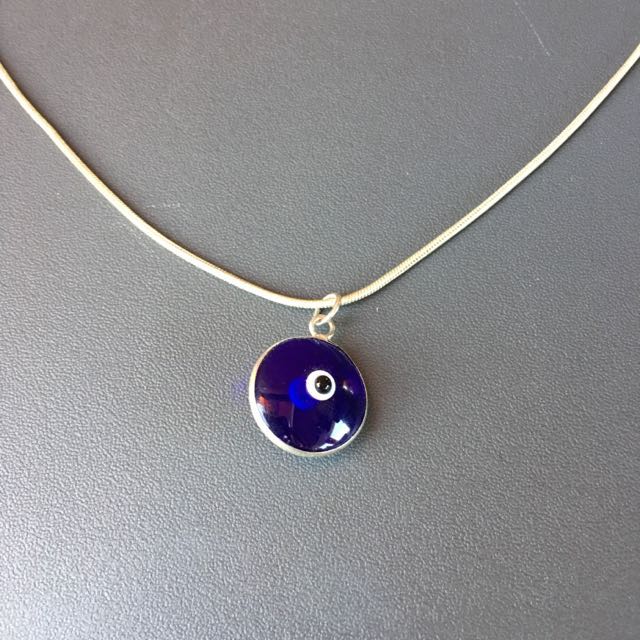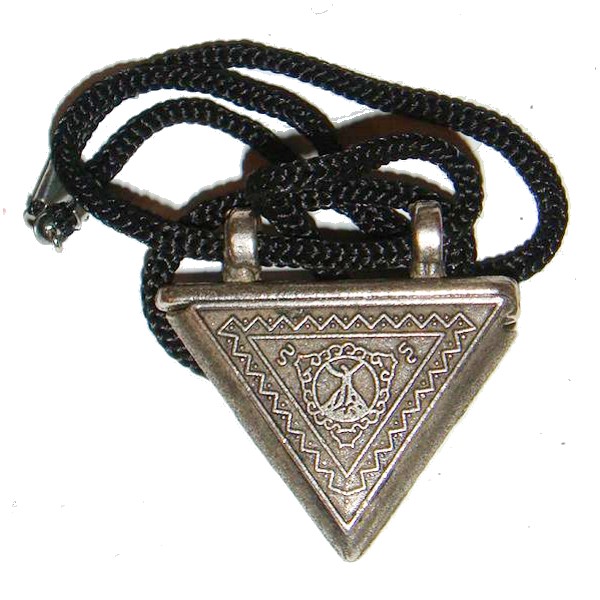Chinese New Year Belief (Ray Li)
Title: Chinese ‘Nian’
General Information about Item:
- Material Folklore: Chinese Supersition – Evil Spirit
- Language: Chinese (Mandarin)
- Country of Origin: China
- Informant: Ray Li
- Date Collected: May 25, 2019
Informant Data:
- Ray is a male student at Dartmouth College in the Class of 2020. He was born in Beijing, China and lived there all of his life. He came to the U.S. for school. Currently, he plans to major in Computer Science. Ray travels between New Hampshire and China for major holidays, such as Chinese New Year.
Contextual Data:
- Cultural Context: In Chinese folklore, the ‘Nian’ was a sea-monster who would rise each year, devouring livestock and any people. People would hide until it was found that the ‘Nian’ was afraid of the color red and loud noises. On Chinese New Year, communities are decorated in red and fireworks are set off, in addition to loud sounds made by playing drums.
- Social Context: The superstition was relayed through an in-person interview with the informant at Dartmouth College. The Lunar New Year is one of the most important celebrations in China, and the focus is on family. Ray celebrated Chinese New Year with his family when he was in Beijing. However, since it occurs in mid-January, he cannot fly home since he is in school.
Text and Texture
- Nian
年
Nian
knee-an
Sea Beast
Zodiac (There is not really an English equivalent for this word.)
- Fu
福
fú
foo
Blessing, happiness
Item:
In order to prevent the ‘Nian’ from bringing evil to a family, the family will hang an inverted ‘fu’ on the door. This symbolizes the ‘Nian’ has already been there, so the ‘Nian’ will not come.
(Source: https://www.tripsavvy.com/what-chinese-characters-on-door-mean-1494980)
Audio File:
Transcript:
A: Alex Leibowitz
R: Ray
A: Okay, so, why don’t you introduce yourself, where from, your year…
R: Okay. So, my name is Ray Li. I’m a ’20 from Beijing, China. Yeah, that’s a little bit about myself.
A: So, yeah, I guess were curious to hear if you have any folklore about evil spirits, evil eyes, that kinda stuff that comes from Chinese culture.
R: Oh for sure. For our Lunar New Year, we have this tradition. We have a monster called ‘Nian,’ which comes here and eats the children and make the village all empty and destroy the harvest for next year and all that stuff. So, to prevent that, we hang this thing called ‘fu,’ which is the Chinese character for, you know, like happiness, prosperity, and all that. And we reverse hang it so we like hang the character but in reverse, like upside down, so it looks like, like nian but in reverse. So when ‘Nian’ arrived, so when we hang it, it means the monster has already arrived so when the Lunar New Year came the monster would not show up. That’s the whole spirit, the whole idea.
A: So is this still something you do today? Is it something that’s very traditional?
R: Yeah, I think it’s the most wide, most ubiquitous thing in China. You see people hang this red picture with the black character with that fu in an upside down manner. It’s still a tradition people still do nowadays.
A: So, what happens, for example, lets say you don’t hang the character upside down?
R: It has a very bad connotation that you have bad luck in the next year.
A: Okay and does this thing have a name? Does this tradition have a name, or…?
R: I think it’s just one of those Lunar New Year traditions, but it’s one of the most important ones. It’s one of the most ubiquitious, most common, and it’s still well perceived, still a tradition that every family have to do.
A: Okay. Awesome. Thank you very much.
Informant’s Comments:
“So when ‘Nian’ arrived, so when we hang it, it means the monster has already arrived so when the Lunar New Year came the monster would not show up.”
Collector’s Comments:
The inversion of ‘fu’ reverses the concept of blessings and happiness, signifying that the family has already incurred the evil spirit of the ‘Nian.’ The material folklore has symbolic significance for the community, where the celebration can occur only if the evil spirit is proteted against.
Collector’s Name: Alex Leibowitz
Tags/Keywords:
- Material Folklore
- Chinese Superstition
- Lunar New Year


